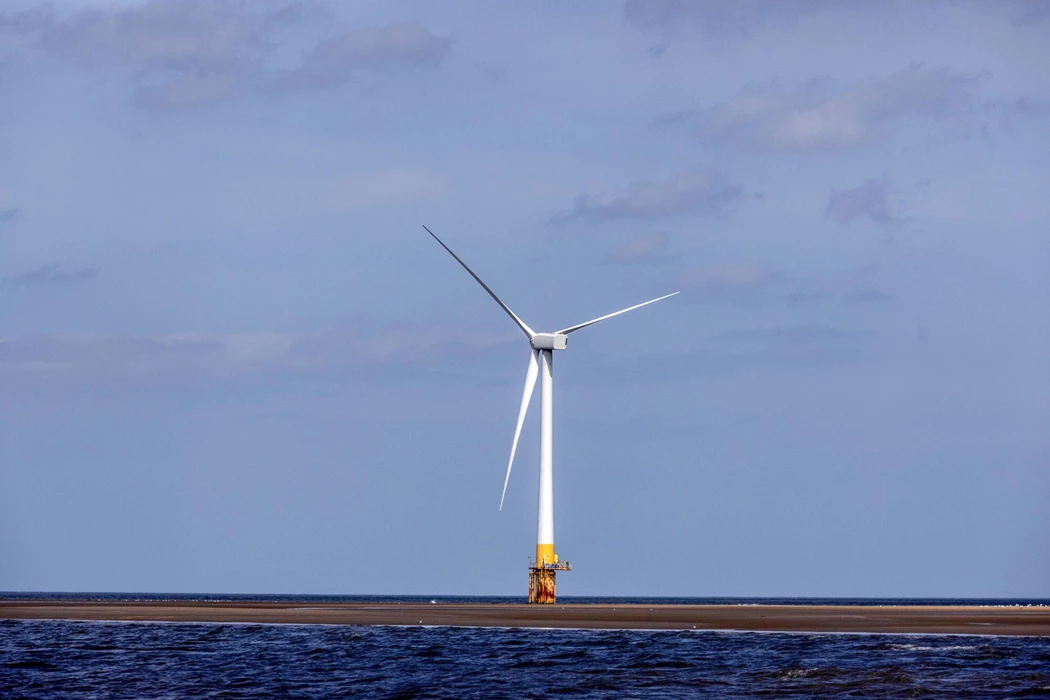Eversource Surges on Plans to Shed Water, Offshore-Wind Assets
(Bloomberg) -- Eversource Energy surged the most in almost four years after announcing plans to exit the offshore-wind and water businesses, moves aimed at refocusing on its core business of delivering electricity and natural gas to customers in the US Northeast.
Eversource climbed as much as 8%, the most intraday since April 2020, and were up 4.5% to $56.97 at 11:25 a.m. in New York.
The Springfield, Massachusetts-based company announced Tuesday a deal to sell its 50% stakes in two US offshore-wind projects to Global Infrastructure Partners LP. That follows a January agreement to sell its 50% stake in a third project to its joint venture partner Orsted A/S.
Eversource also said it would start the process of seeking a buyer for its Aquarion water-distribution business.
The moves will pare operations seen as less critical to the company’s core business, according to Chief Executive Officer Joe Nolan. It also follows the trend among US utilities including Exelon Corp. and Dominion Energy Inc. that are shedding assets to focus on the basic, regulated functions of providing energy to homes and businesses.
“Moving forward, Eversource will focus on the delivery of clean, safe and reliable energy,” Nolan said during a conference call with analysts Wednesday.
Eversource will realize $1.1 billion in cash proceeds for selling the stakes in the South Fork and Revolution projects to GIP, according to a statement Tuesday. The sale is expected to close in mid-2024. That will help offset a $1.95 billion charge the company took in 2023 as the US offshore wind struggled to contend with rising costs that have prompted developers to delay or cancel projects.
“Utilities really are trying to focus on their regulated businesses only,” Nikki Hsu, an analyst with Bloomberg Intelligence, said in an interview. “It’s less risky.”
©2024 Bloomberg L.P.





